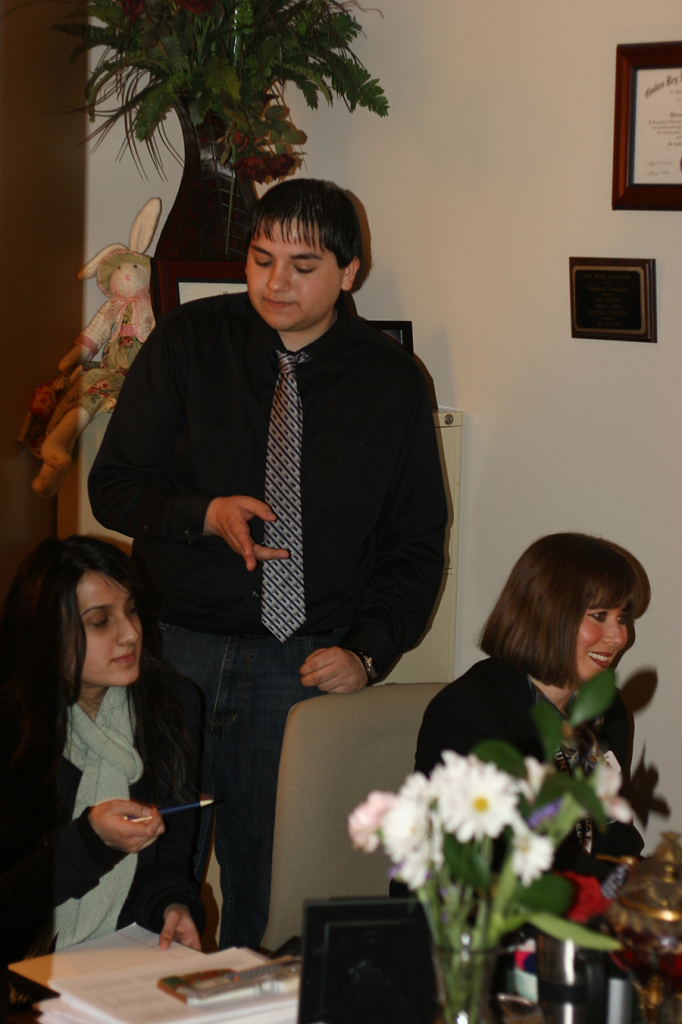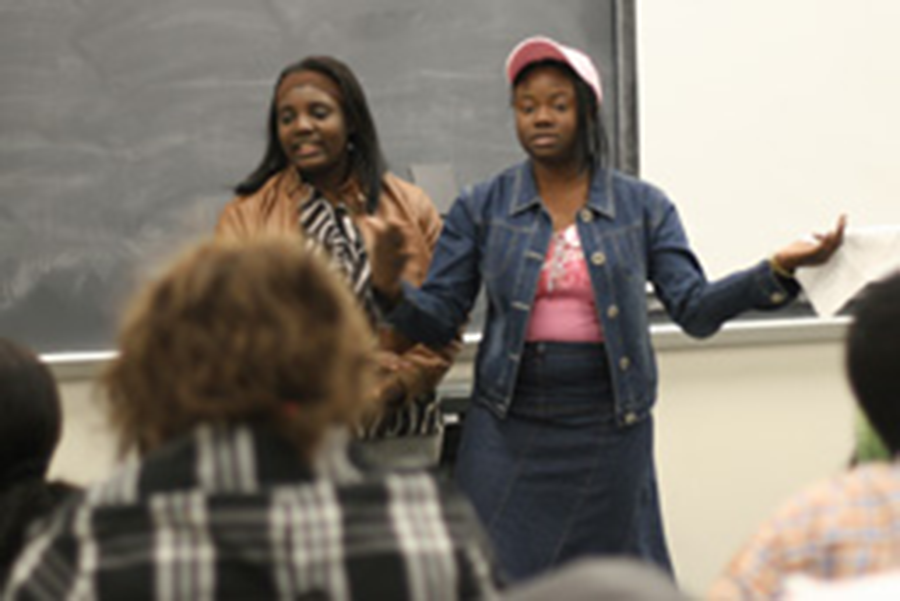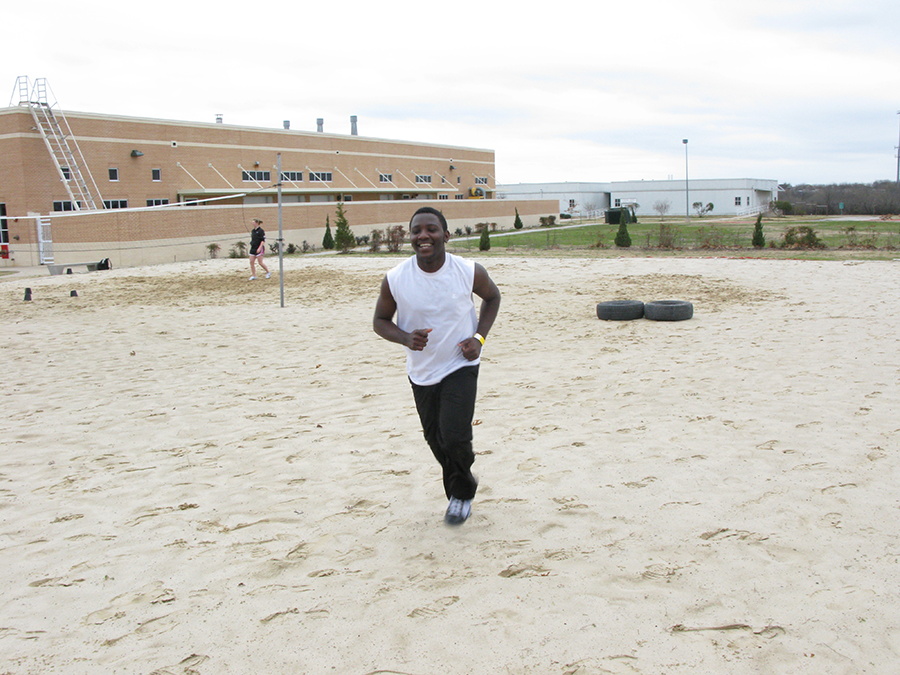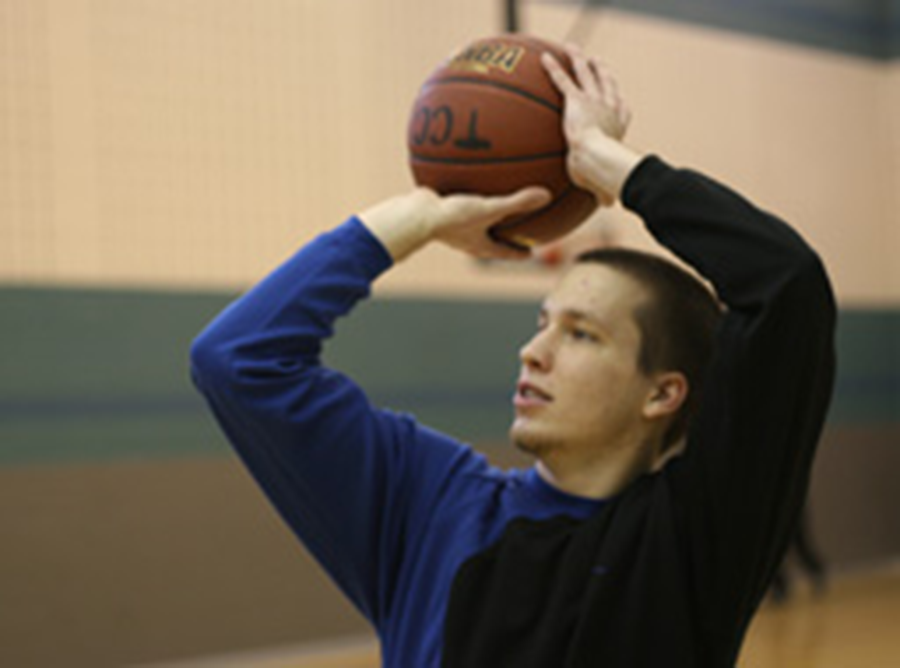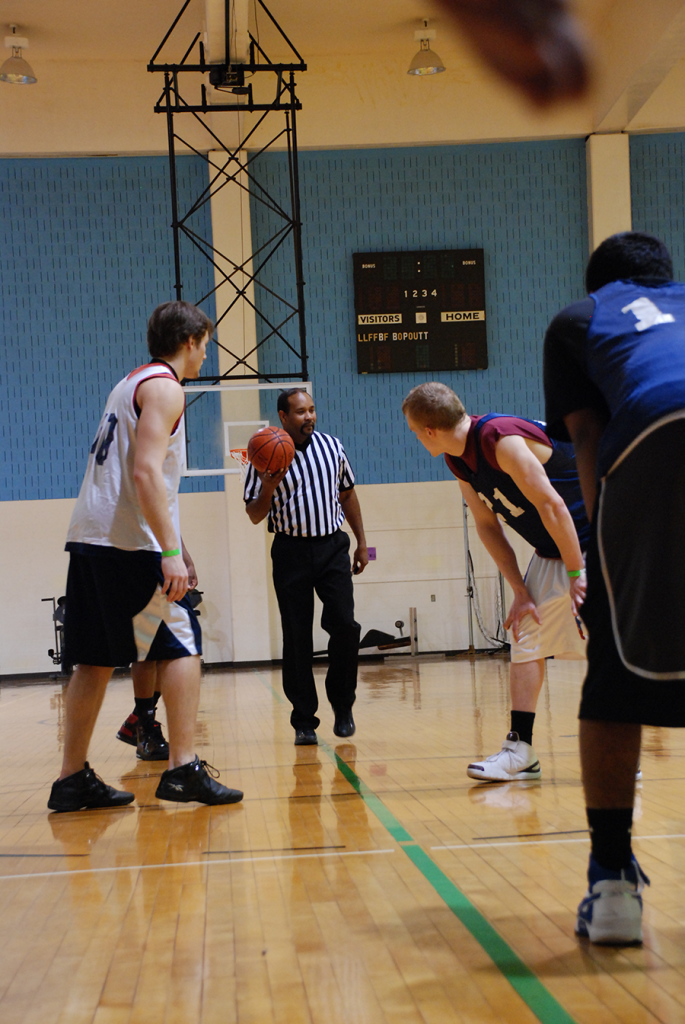By Bonnie Thornal/reporter
As she “guarantees this information will improve test scores 10 to 15 points,” a TCC counselor for more than 31 years issued guidance during a test-taking presentation Feb. 16 on South Campus.
While repeating the importance of positive thinking multiple times, Annie Dobbins used Anthony Robbins, a renowned life strategist and motivational speaker, as an example. She said that positive thinking was what broke those two-by-fours with someone’s hand and walked on broken glass without cutting people’s feet or shedding the smallest amount of blood.
Making references to the biblical man at the pool of Bethesda and an infant just learning to walk, falling and getting up again, Dobbins set an example of not getting discouraged.
“Even a 1-year-old baby has sense enough to get up and try again,” she said, getting a huge laugh from her audience.
Anreina Mendez, a South Campus nursing student who attended the event, said that while she knew the key to passing was obviously to study, she hoped the presentation would offer some less overt tips for test passing. Shelby White, a South computer science major, said that he too went to get more ideas about taking tests and passing. Dobbins had many of the desired tips and ideas.
Dobbins said that making test material part of one’s “unconscious consciousness” is necessary to obtain good test scores. She said the unconscious consciousness is that part of the mind that just knows the things people know, like tying a shoe or riding a bike.
“How do we get there, though?” she asked the audience.
When no one answered, Dobbins said students primarily need good note-taking skills.
“After writing down lecture notes, you need to condense them,” she said. “And those are the notes you’ll study for your test from.”
Dobbins then described the “three R” learning method, which stands for read, record and recite. After applying note-taking skills, students should read the notes and the textbook chapters, she said. She advised students to read paragraph by paragraph, stopping after each one and making sure they understood what they just read.
Dobbins called reciting “instant replay for your brain.” Then, the students should record, which is condensing the lecture notes or making flash cards.
Dobbins said recording was important “to reiterate the information in a different form.”
Those tips covered the 80 percent of information that students should know when walking into a test, but next Dobbins gave her audience something similar to little cheats for the other 20 percent.
First, she covered true-false questions. Students should assume all questions are true unless they can establish that they are false, she said, notifying her audience that they could establish falsehood by extreme modifiers.
Any options with words such as always, never, only, all, nobody and everybody are usually in false statements, she said. Trying to figure out the instructor’s pattern is detrimental, and answers that state reasons also tend to be false, she said.
Next, she delved into multiple-choice questions. Eliminating the distracters is imperative for all questions, she said.
For multiple choice, students should look for those extreme modifiers again as well as foolish, stupid and ridiculous words and eliminate those as possible correct choices, she said.
Dobbins advised students to eliminate the high and low numbers in an option and pay attention to similar-looking answers.
“Most multiple-choice correct response answers are b,” she said. “If you don’t know, or if you eliminate distracters down to two options where b is an option, select b.”
Dobbins also warned that “none of the above” is usually incorrect while “all of the above” is often correct.
Concluding her presentation with fill-in-the-blank and essay pointers, Dobbins said that if students don’t make an 80 percent or higher on their test, it is necessary to review the information again.
Dobbins also reminded students that tutors are available on all of TCC’s campuses.
























